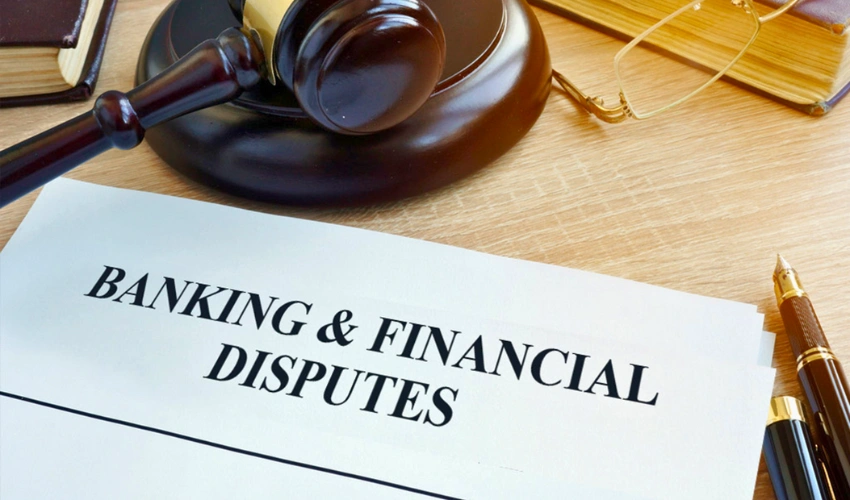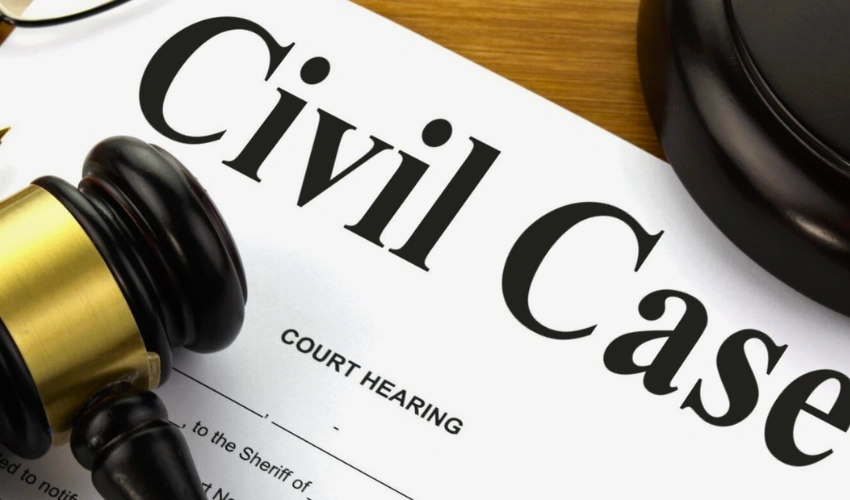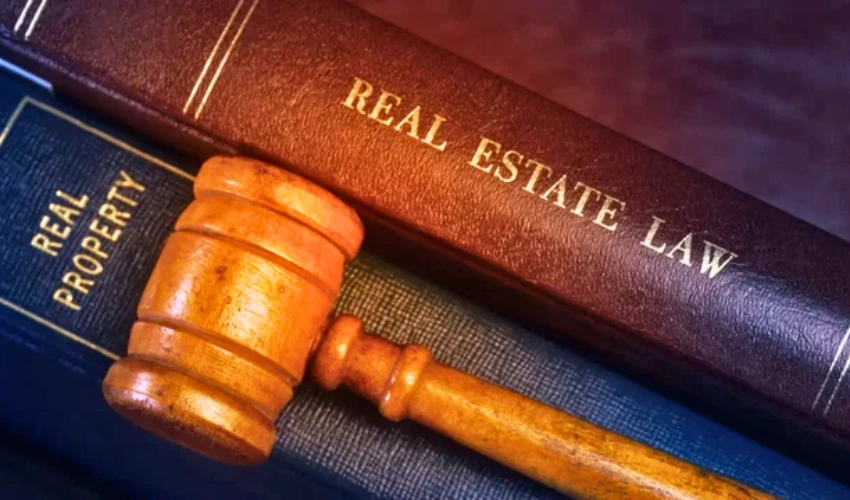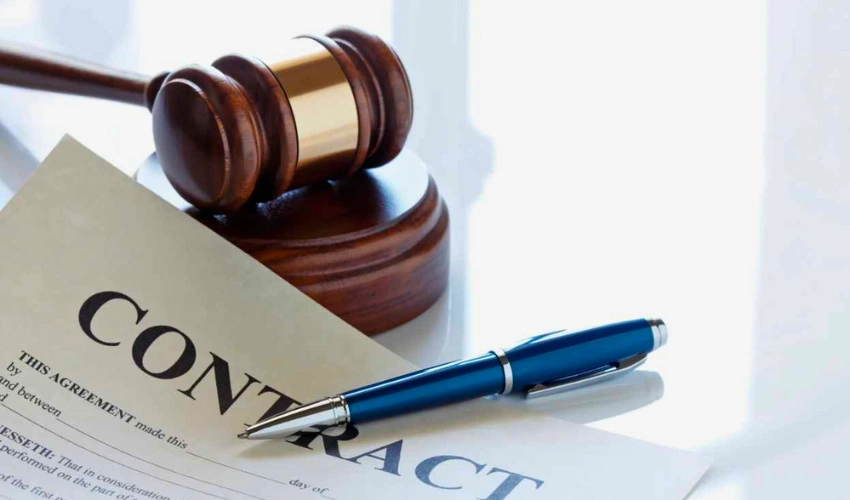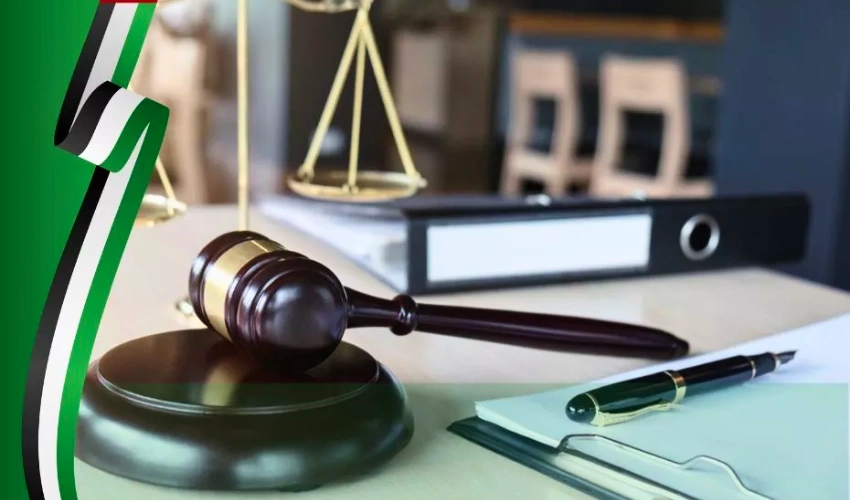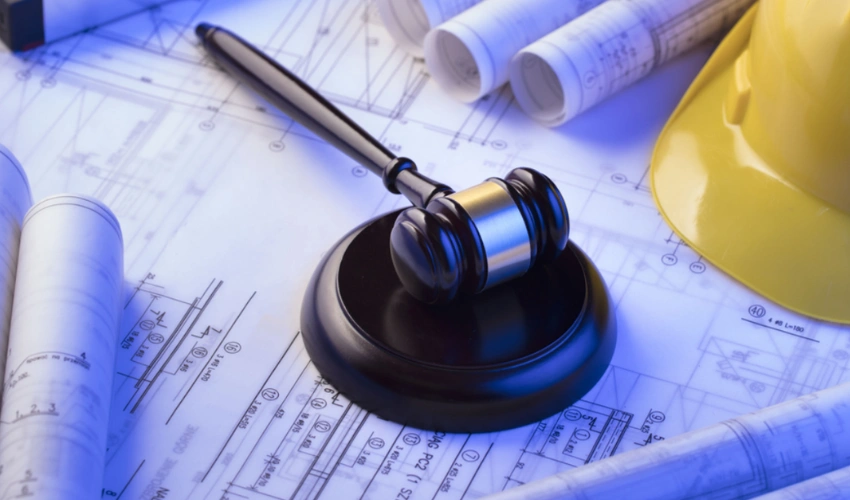
Building and Engineering Law in the United Arab Emirates
Building and engineering laws in the UAE are a set of regulations and legislation that govern all stages of construction projects, from planning and design to execution and operation. These laws aim to ensure safety, quality, and sustainability in all buildings and structures.
1. Building Codes
Each Emirate has its own specific building code that sets the technical standards which must be adhered to. The most notable codes include:
- Dubai Building Code: This is a set of unified regulations and standards that aim to ensure the health, safety, and comfort of individuals in and around buildings. The code covers aspects such as structural requirements, fire protection systems, thermal insulation, energy efficiency, and accessibility for people of determination.
- Abu Dhabi Urban Planning Council (UPC) Guidelines: These guidelines set standards for building design and land use, with a strong focus on sustainable urban planning.
- Green Building Standards: UAE building codes impose strict standards for green buildings to minimize the environmental impact of projects. These standards include the use of energy-efficient materials, renewable energy sources, and water conservation measures.
2. Licensing of Projects and Engineering Professions
To start any construction project, it’s mandatory to obtain licenses and approvals from the relevant government authorities, such as municipalities and planning departments.
- Project Licensing: This includes approvals for engineering designs, blueprints, and the materials to be used.
- Engineering Office Licensing: All engineering offices and contractors must obtain a license to practice the profession. Offices are classified based on their experience and competency.
- Engineer Registration: Engineers must be registered with the official records of the competent authority in each Emirate to legally practice their profession.
3. Legal Liabilities
The law imposes significant responsibilities on all parties involved in a project to ensure quality and safety:
- Decennial Liability: According to the UAE Civil Code, the contractor and the engineer are held liable for any structural defects that appear within 10 years of the project handover, even if the defect resulted from an error in design or execution.
- Insurance: Contractors and engineering firms must obtain various types of insurance, such as “Contractor’s All Risks” and professional liability insurance, to cover any damages or injuries that may occur during the project.
4. Labor and Safety Laws
- UAE labor laws set strict conditions for the safety and well-being of construction workers, including specifying working hours, providing suitable accommodation, and implementing safety measures at work sites.
- There are special civil defense regulations to ensure fire safety in buildings.
5. Engineering Contracts
The construction contract is the foundation of the relationship between the project’s parties. Standard contract forms, such as those from FIDIC (International Federation of Consulting Engineers), are commonly used in large-scale projects in the UAE.

